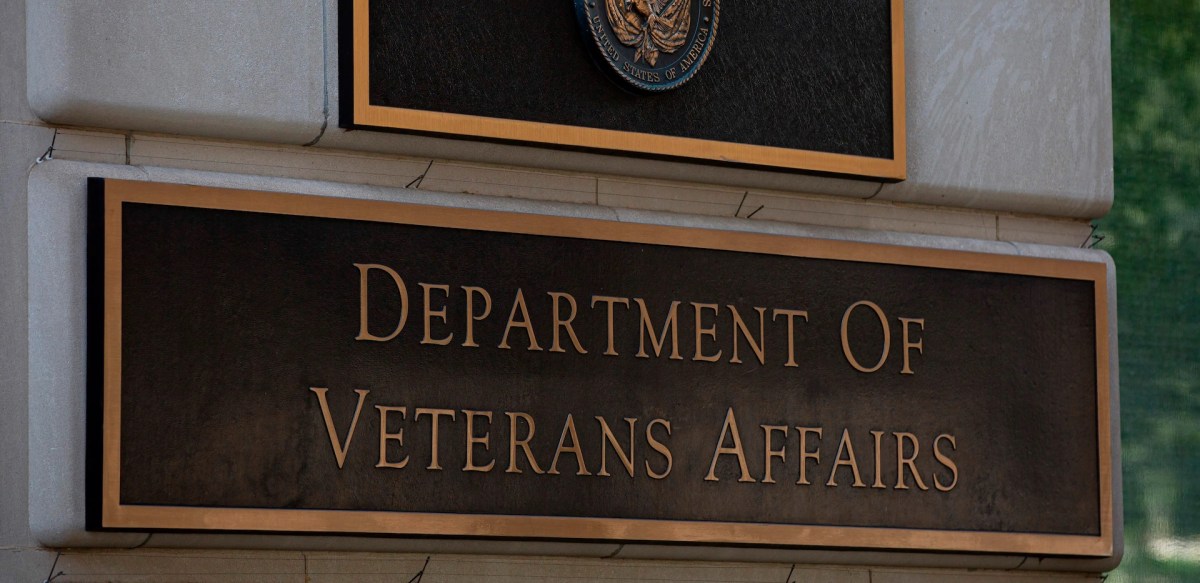VA calls for industry input on expanding cloud services provider portfolio

The Department of Veterans Affairs appears to be considering an expansion to its cloud environment, seeking new feedback from technology vendors on the potential impacts of adding new cloud service providers.
In a request for information released last week, the VA said it is conducting research on expanding VA’s Enterprise Cloud (VAEC) to include additional CSPs beyond Amazon Web Services (AWS) and Microsoft Azure, which both have FedRAMP High certifications.
More CSPs now have FedRAMP High authorization, the VA said, prompting new questions about what it would take to add more to the VA’s cloud platform. It comes as the General Services Administration seeks to speed up the FedRAMP process — the government approval program for cloud products and services. As of last August, the FedRAMP program already approved more than twice as many government cloud services in fiscal year 2025 as all of fiscal 2024.
In a series of questions, the VA asked technology vendors to explain the potential value and benefits of any expansions, and whether those could outweigh duplicative and ongoing maintenance costs. Vendors were also asked how they would approach aligning VA’s existing applications and systems to additional FedRAMP High CSPs if the agency expands beyond AWS and Azure.
The VA emphasized that it has “successfully stood up” the VAEC using AWS and Azure, which together support about 757 agency applications and systems. The VA built additional security and tooling for the VAEC and also procures professional services labor from both AWS and Azure.
“VA has amassed significant veteran-facing and VA-facing cloud IT solutions for its three administrations — Veterans Health Administration, Veterans Benefits Administration and National Cemetery Administration — as well as for the Office of Information and Technology and VA Central Offices,” the RFI states. “Significant investment has been made in customizing workloads for the underlying CSPs.”
The RFI also touched upon what it called the “rapid evolution” of AI and asked vendors how agencies should structure cloud contracts to “allow for incremental adoption of AI capabilities” without the need for recompetes or major contract modifications. It also asked for examples of AI pilots or phased implementations that are in compliance with federal acquisition constraints.
A large part of the RFI focused on cost-optimization and efficiency, which has become a central theme for the Trump administration. Companies were asked for their pricing structure for CSP services and whether they offer any credit or incentive programs or cloud spending optimization tools. They were also asked how agencies can leverage existing government and commercial marketplaces, including the GSA’s Multiple Award Schedules, to access services while avoiding duplicative procurement paths.
The RFI, which emphasized it is not a proposal or guarantee of one, gives vendors until Nov. 12 to respond.






